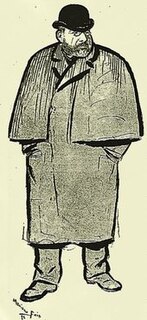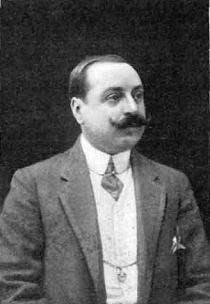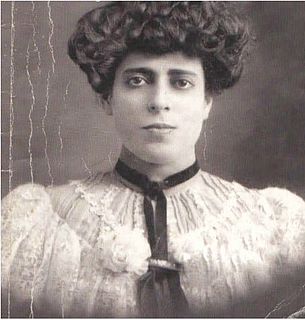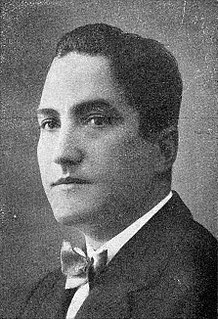
Luis Carrero Blanco was a Spanish Navy officer and politician, who served as Prime Minister from June 1973 until his assassination in December of that year. He participated in the Rif War, and later the Spanish Civil War, in which he supported the Nationalist faction.

ABC is a Spanish national daily newspaper. It is the second largest general-interest newspaper in Spain, number one in Madrid, and the oldest newspaper still operating in Madrid. Along with El Mundo and El País, it is one of Spain’s three newspapers of record. It is also circulated in Latin America, and is considered as a newspaper of record for the exiled of Cuba and Venezuela.

Francisco Alejandro Pérez Martínez, better known as Francisco Umbral, was a Spanish journalist, novelist, biographer and essayist.

Jorge Majfud is a Uruguayan American writer.

Javier Marías is a Spanish novelist, translator, and columnist. Marías has published fifteen novels, including A Heart So White and Tomorrow in the Battle Think on Me. In addition to his novels, he has published three collections of short stories and various essays. As one of Spain's most celebrated novelists, his work has been translated into forty-four languages and has sold over eight and a half million copies internationally. He has received several awards for his work, such as the Rómulo Gallegos Prize (1994), the International IMPAC Dublin Literary Award (1997), the International Nonino Prize (2011), and the Austrian State Prize for European Literature (2011).

Francisco López Acebal was a Spanish novelist, playwright and journalist.

Josep Feliu i Codina was a Catalan journalist, novelist and playwright whose work is linked to the Realist movement and to the Catalan Renaixença.

Adriano González León was a Venezuelan writer who is known in his country for the novel País Portátil (1968), widely regarded as the premier Venezuelan novel of the latter half of the 20th century, and for his many years of hosting a television program dedicated to promoting literary appreciation among the general public.

Richard Blanco is an American poet, public speaker, author and civil engineer. He is the fifth poet to read at a United States presidential inauguration, having read the poem "One Today" for Barack Obama's second inauguration. He is the first immigrant, the first Latino, the first openly gay person and at the time the youngest person to be the U.S. inaugural poet.
Luis Rosales Camacho was a Spanish poet and essay writer member of the Generation of '36.
Luisa Peluffo is an Argentine writer and journalist.
Julieta Valero is a Spanish poet who writes in Spanish.
David Hernández de la Fuente is a Spanish writer, translator and university lecturer who is specialized in Classics.

Narciso Méndez Bringa was one of the most important Spanish illustrators. His illustrations won two awards in 1906 and 1910 from the National Exhibition of Fine Arts (Spain).

María Enriqueta Camarillo (1872–1968) was a Mexican poet-novelist, short story writer and translator. She was highly decorated for her works having schools and libraries named after her, as well as a bust by Spanish sculptor Mariano Benlliure erected in Hidalgo Park in Mexico City in her honor. She received the 1923 literary prize from Académie française for her novel El Secreto. She was awarded a collaborative partnership in 1927 with the Real Academia Hispano-Americana de Ciencias y Artes of Cádiz for her textbook Rosas de la Infancia and for the same work a prize as best children's literature at the Literary Salon of the Universal Exposition in Seville, Spain. Camarillo was granted the Order of Isabella the Catholic in 1947 and in 1948 received the Civil Order of Alfonso X, the Wise.

La Ilustración Española y Americana was a weekly Spanish magazine that was published from 1869 to 1921 on the 8th, 15th, 22nd and 30th of every month. It was also published biweekly.
Eva Díaz Pérez is a Spanish journalist and writer. She is also a teacher of cultural journalism at the EUSA University Center and a lecturer. She has received the Andalusian Journalism Award, and in July 2019 she was appointed director of the Centro Andaluz de las Letras (CAL).

Tomás Borrás y Bermejo was a Spanish journalist, novelist and playwright.

Antonio Cánovas del Castillo y Vallejo, better known as Kaulak was a Spanish photographer, art critic, editor and amateur painter. His uncle was the assassinated Prime Minister, Antonio Cánovas del Castillo, hence his use of a pseudonym; the meaning of which is unexplained, although the word appears to be of Basque origin.














